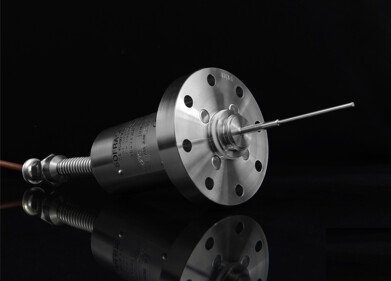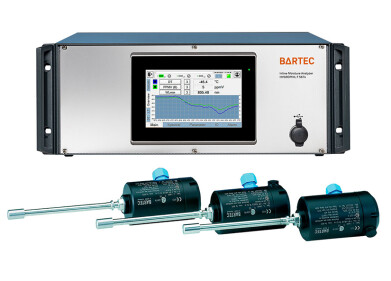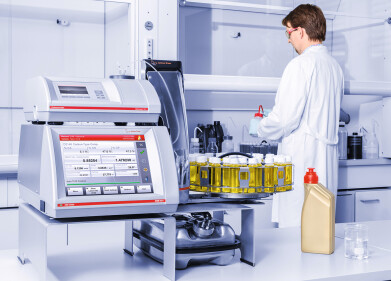Measurement and Testing
Why is Petroleum Testing Important?
Aug 21 2022
All crude oils contain a unique blend of hydrocarbon compounds that influence properties, performance and suitability for different applications. Petroleum testing is used to characterise crude oils and help inform and educate decision makers. Below, we take a closer look at why petroleum testing is so important.
Setting market price
Testing plays an important role in assessing the quality of petroleum-derived products and setting market price. West Texas Intermediate (WTI) is a global benchmark and is coveted for its “light” and “sweet” characteristics. Specialised testing methods are used to characterise other petroleum products and assess important properties such as API gravity and sulphur content. Data is used to assess quality and set market price.
Determining elemental concentrations
From setting market price to assessing suitability for different applications, elemental analysis is integral to the oil industry. Petroleum testing offers in-depth insight into the elemental concentrations of a sample. Techniques such as X-Ray Fluorescence (XRF), Absorption Atomic Spectroscopy (AAS) and Atomic Emission Spectroscopy (AES) are used to identify and quantify elements such as sulphur, as well as nickel, iron, vanadium and phosphorus. The latter elements can hinder the performance of catalysts, which makes petroleum testing a valuable tool for refineries.
Assessing unique characteristics
Concentrations of paraffins, naphthenes and aromatics determine the unique characteristics of crude oil and petroleum-derived products. Standardised tests are used to assess characteristics and predict performance. For example, the ASTM D665 Standard Test Method for Rust-Preventing Characteristics of Inhibited Mineral Oil in the Presence of Water measures the anti-corrosion ability of a sample. It’s designed to test industrial oils and uses distilled or salt water to give samples a rust-prevention rating.
Reducing maintenance costs
From oil refineries and food production plants to industrial trucks and jumbo jets, mechanical maintenance can be an enormous overhead for operators. A preventative maintenance oil analysis program can drastically reduce maintenance costs by identifying issues at the earliest possible time.
Identifying the root cause of issues
As well as helping decision makers select the right oils for the job, petroleum testing can be used to identify the root cause of mechanical issues. For example, particle analysis testing is often incorporated into preventative maintenance strategies. If tests reveal unusually high concentrations of wear debris, operators can take action to pinpoint the source and replace the deteriorated part before it causes more serious issues.
Extending the longevity of components
As explored above, petroleum testing can be used to identify the root cause of mechanical issues. This allows operators to act before major damage occurs and extend the longevity of engines, systems and components. High frequency testing with fast turnaround times is the key to identifying issues as soon as possible.
Want to know more about the different petroleum testing methods used to characterise crude oil and other derivatives? We cover multiple ASTM standards and more in ‘Petroleum Testing - A Comprehensive Guide’. Or check out 'Recent advances in testing the lubricity of diesel fuel' for a more in-depth look at lubricity testing in particular.
Digital Edition
PIN 25.1 Feb/March
March 2024
In This Edition Safety - The technology behind the ION Science Tiger XT - Safety with ammonia and LOHCs as hydrogen carriers Analytical Instrumentation - Discussion on new tribology te...
View all digital editions
Events
Apr 22 2024 Hannover, Germany
Apr 22 2024 Marrakech, Morroco
Apr 22 2024 Muscat, Oman
Apr 22 2024 Rotterdam, Netherlands
Apr 23 2024 Singapore


















